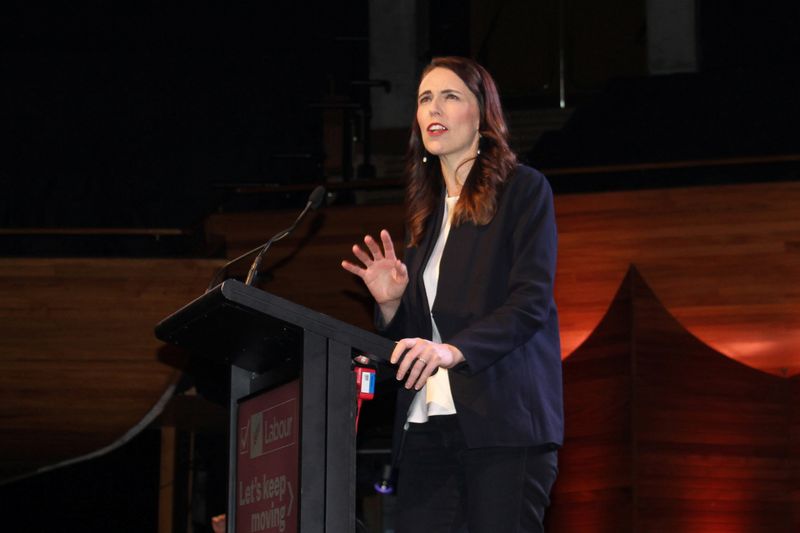
“The stock market hates uncertainty, and of course the election is the ultimate uncertainty,” said David Kelly, chief global strategist at J.P. Morgan.
Historically, the stock market slows down and shows a weaker performance in the period leading up to the election, according to a study from U.S. Bank. On average, the equity market showed less than a 6% gain during election years compared with an 8.5% gain in any other given year.
However, despite a more modest return, stock performances during an election year have done well. Across the last seven presidential election cycles, average gains for major indexes such as the S&P 500 and Dow Jones showed positive returns in the six months before Election Day. The only exception was the 2008 financial crisis that rocked the stock market just ahead of November.
How about what happens after the election? According to the U.S. Bank study, stock market returns tend to be slightly lower the year following the election compared with any given year.
J.P. Morgan also discovered that in the short term, markets tend to react more positively right after the election of a Republican president, possibly due to the preconception that Republican policies are more market-friendly.
Analysts at U.S. Bank also found that stock market gains averaged around 5% when a new party came into power, compared with 6.5% when the incumbent president is reelected.
“The second term of a president is typically going to continue the policies of the previous presidency,” said Nikolai Roussanov, finance professor at the Wharton School of the University of Pennsylvania. “There is less uncertainty for the markets to process and therefore that might contribute to higher valuations during that second term.”
However, in the long term, things look different. The stock market tends to perform on average much better during Democratic presidencies than Republican ones.
In the case of general elections, congressional results could impact market performance. Which party controls Congress is not a factor in equity performance. However, history has shown that the market performs better under a divided Congress, as there is less chance of drastic policy changes. “The market tends to like that gridlock atmosphere,” said Jeffery Cox, finance editor at CNBC.
What’s likely is the market will be heavily impacted by how the 2020 election unfolds. “I only see more uncertainty ahead, because this election is probably going to be close and the result is not going to be settled for quite some time,” said Roussanov. “I would say the risks are definitely on the horizon for investors.”

